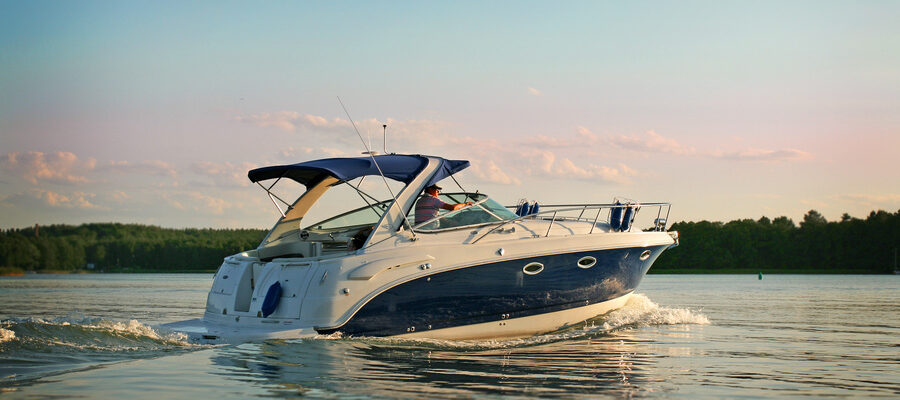For many of us, our boats and yachts are more than just vessels; they are our sanctuaries on the water, offering a unique escape from the hustle and bustle of everyday life. However, maintaining these floating paradises requires more than just regular cleaning and mechanical check-ups. One crucial aspect that often gets overlooked is pest control. In particular, regular pest inspections are essential for protecting your investment and ensuring a safe and enjoyable experience on the water.
The Importance of Regular Pest Inspections
Regular pest inspections are not just a precautionary measure; they are a necessity for boat and yacht owners. The moist and enclosed environments of boats create ideal breeding grounds for various pests. Without proper inspections, these pests can cause significant damage, compromise safety, and lead to costly repairs. Let’s delve into some key reasons why regular pest inspections are critical.
1. Protecting Your Investment
Your boat or yacht is a significant investment, and regular pest inspections are vital in protecting it. Pests such as termites, rodents, and cockroaches can cause extensive damage to the structure and interior of your vessel. Wood-boring insects can weaken the hull, while rodents can chew through wiring and upholstery, leading to expensive repairs. By scheduling regular inspections, you can catch these issues early and prevent costly damage.
2. Ensuring Safety Onboard
Pests on board can pose serious safety risks. Rodents, for example, can chew through electrical wires, creating fire hazards. Additionally, pests can carry diseases that pose health risks to you and your guests. Regular pest inspections help identify and eliminate these risks, ensuring that your vessel remains a safe environment for everyone.
3. Maintaining Comfort and Enjoyment
Imagine setting sail for a relaxing weekend only to find your vessel infested with pests. It’s not just inconvenient—it can ruin your entire experience. Regular pest inspections help maintain the comfort and enjoyment of your boat or yacht by keeping it free of unwanted guests. From ants to mosquitoes, pests can quickly turn a pleasant trip into a nightmare. Inspections ensure you can enjoy your time on the water without any unwelcome surprises.
Common Pests Found on Boats and Yachts
Understanding the types of pests that can infest boats and yachts is essential for effective pest control. Here are some of the most common offenders:
- Rodents: Rats and mice are notorious for finding their way onto vessels. They can cause structural damage and pose health risks through their droppings.
- Termites and Other Wood-Boring Insects: These pests can cause significant damage to wooden components, compromising the integrity of your vessel.
- Cockroaches: These resilient pests can quickly infest a boat, contaminating food supplies and spreading bacteria.
- Ants: Ant colonies can establish themselves in the nooks and crannies of your boat, creating a nuisance and potential food contamination.
- Mosquitoes: Particularly in humid climates, mosquitoes can be a significant issue, making outdoor enjoyment uncomfortable and spreading diseases.
Why Choose Professional Pest Control Services
While DIY methods and over-the-counter solutions might seem appealing, they often fall short of effectively controlling pests on boats and yachts. Here’s why professional pest control services are the better choice:
Expertise and Experience
Professional pest control companies, like Ringdahl Pest Control, have the expertise and experience needed to identify and eliminate pests effectively. They understand the unique challenges of marine pest control and can tailor solutions to your specific needs.
Comprehensive Inspections
Professionals conduct thorough inspections, identifying not only existing infestations but also potential problem areas. This proactive approach helps prevent future infestations and ensures your vessel remains pest-free.
Safe and Effective Solutions
Professional pest control services use safe and effective solutions that are suitable for marine environments. They ensure that treatments do not harm the water, marine life, or the occupants of your vessel.
How to Schedule Regular Pest Inspections
Scheduling regular pest inspections is straightforward and can save you a lot of trouble in the long run. Here’s how you can ensure your boat or yacht remains pest-free:
- Contact a Trusted Pest Control Provider: Reach out to a reputable pest control company that specializes in marine pest control. They will guide you through the process and recommend a suitable inspection schedule.
- Establish a Routine: Work with your pest control provider to establish a routine inspection schedule. Depending on your location and usage, this might be quarterly, bi-annually, or annually.
- Prepare Your Vessel: Before the inspection, ensure your vessel is clean and accessible. This allows the pest control professionals to conduct a thorough inspection.
- Review and Act on Recommendations: After the inspection, review the findings with your pest control provider and act on any recommendations to address existing issues or prevent future infestations.
Conclusion
Regular pest inspections are a crucial part of maintaining the safety, integrity, and enjoyment of your boat or yacht. By investing in professional pest control services, you can protect your vessel from costly damage, ensure the safety of those on board, and enjoy peace of mind knowing that your floating sanctuary is free from unwanted pests.
At Ringdahl Pest Control, we specialize in boat pest control in Florida and are committed to helping boat and yacht owners maintain pest-free vessels. Contact us today to schedule your next inspection and keep your vessel in top condition.
Remember, regular pest inspections are not just about addressing existing problems—they are about preventing future ones. Don’t let pests compromise your investment or your enjoyment. Take proactive steps today to ensure your vessel remains a safe and comfortable haven on the water.
